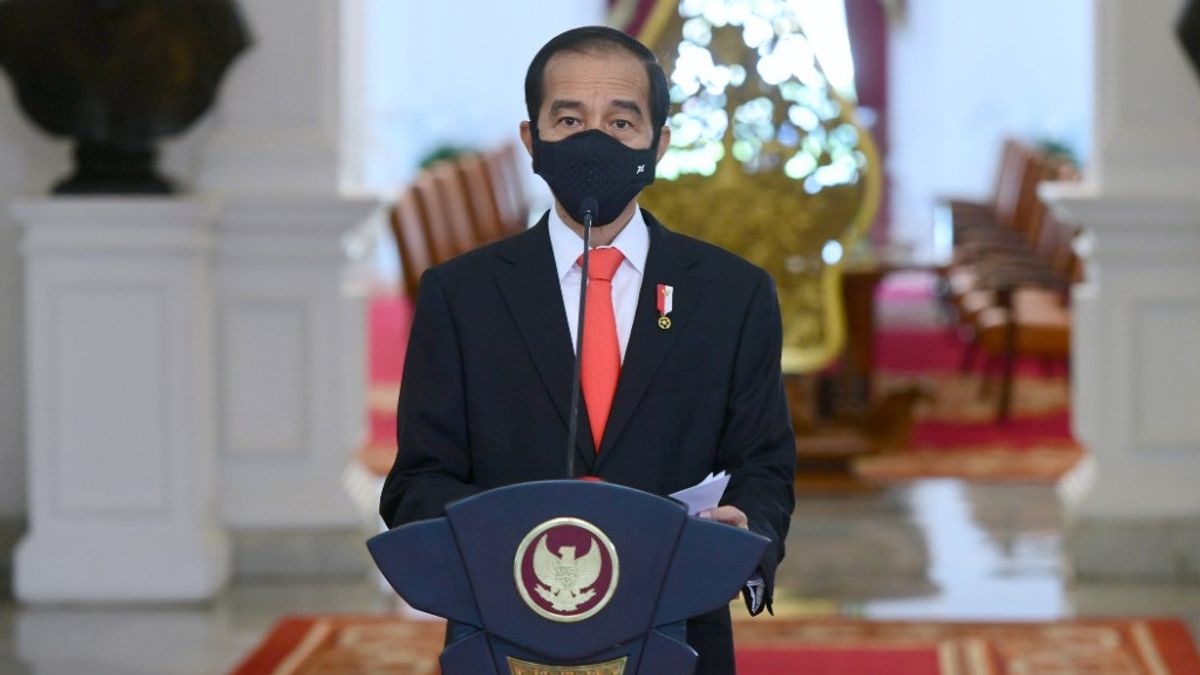The Role of the Association of Indonesian Pharmacists in the Industry
The pharmacy profession in Indonesia is expanding their scope of practice. This new role will allow pharmacists to contribute to better therapeutic outcomes for the community. A qualitative study using face-to-face group discussions and online interviews with practising pharmacists in Indonesia. The topic guide included questions on pharmacists’ interests, perceived benefits and methods of implementing a professional recognition system. Role of the Association Pharmacists are a key player in the health sector, and are responsible for providing pharmaceutical care services. This includes providing drug information, monitoring medication use, and detecting possible medication errors that could endanger patients. These responsibilities are increasingly important as Indonesia continues to grow and improve its health-care infrastructure. The association also advocates for pharmacists and their role in the health sector through the provision of training, research, and networking opportunities. It also provides a platform for the sharing of best practices, and facilitates the development of new drugs and other pharmaceutical technologies. The majority of pharmacists in Indonesia work in community pharmacies (puskesmas). This is a private business, and the income of individual pharmacists is determined by the pharmacy owner. This study was based on a survey conducted by IAI and PAFI, using an online questionnaire developed in English and translated into Indonesian using REDCap. The invitation to participate in the survey was sent through a contact person in each of 34 provincial branches of these two professional associations. Role of the Members
Pharmacists are the frontline health workers in drug retail outlets. They provide pharmaceutical care and services, including medicine dispensing and delivery, counselling on medication usage and benefits, as well as monitoring client adherence to medications. They also help clients with medication regimens, and provide advice on healthy lifestyles. Several factors can affect the availability and quality of their services. These include the level of training, remuneration, and working conditions, as well as access to guidelines and personal protective equipment (PPE).
The majority of pharmacists are located in major cities. This is likely due to family and work reasons, a higher concentration of employers, and access to better job opportunities. The lack of regional distribution of pharmacists can impact on universal health coverage and primary healthcare support, especially for underserved areas. It may also limit their role in disease outbreak response. However, the majority of respondents were willing to participate in disease outbreak response efforts such as providing information leaflets and assisting with early warning systems.
Role of the Executive Board
The https://pafikepulauanmentawai.org/
Role of the Members
Pharmacists are the frontline health workers in drug retail outlets. They provide pharmaceutical care and services, including medicine dispensing and delivery, counselling on medication usage and benefits, as well as monitoring client adherence to medications. They also help clients with medication regimens, and provide advice on healthy lifestyles. Several factors can affect the availability and quality of their services. These include the level of training, remuneration, and working conditions, as well as access to guidelines and personal protective equipment (PPE).
The majority of pharmacists are located in major cities. This is likely due to family and work reasons, a higher concentration of employers, and access to better job opportunities. The lack of regional distribution of pharmacists can impact on universal health coverage and primary healthcare support, especially for underserved areas. It may also limit their role in disease outbreak response. However, the majority of respondents were willing to participate in disease outbreak response efforts such as providing information leaflets and assisting with early warning systems.
Role of the Executive Board
The https://pafikepulauanmentawai.org/Comments
Ideas, requests, problems regarding TWiki? Send feedback

